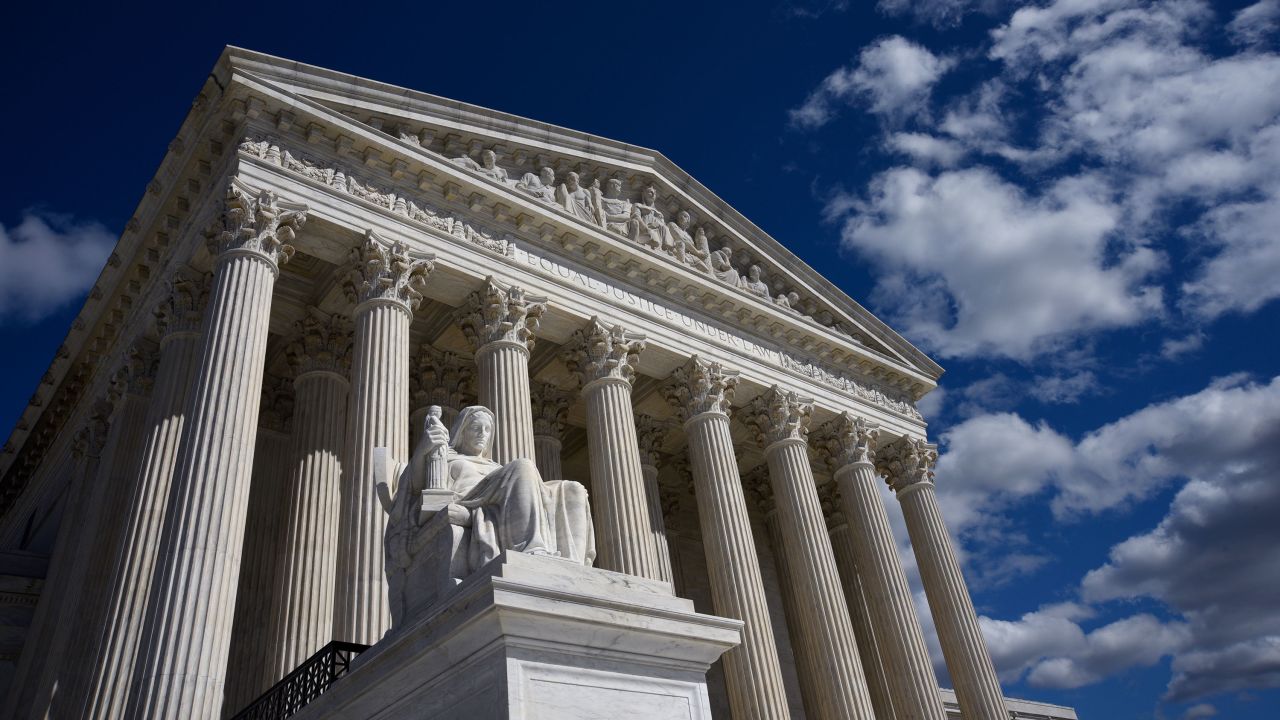
DiYES International School – Vaccine Court has once again emerged in the spotlight as public discourse grows around expanding the Vaccine Injury Compensation Program. This renewed attention follows a proposal by Robert F Kennedy Jr to include autism among the conditions eligible for compensation. Historically, the court was designed to resolve vaccine-related injury claims without long legal battles. The idea of adding autism has sparked deep concerns from legal experts and public health officials alike. While some families see the move as long overdue recognition, others fear the consequences on vaccine confidence and the system’s stability. The program was originally built to preserve public trust and protect vaccine supply chains by avoiding the courtroom chaos of the 1980s. A shift in eligibility could strain resources and reopen settled science debates that have shaped vaccine policy for decades.
Expanding the Vaccine Court to include autism would place enormous stress on an already burdened system. Legal scholars argue that any attempt to alter the injury table requires a careful rulemaking process. Under current law, conditions must be supported by scientific evidence of causation. Autism has repeatedly been ruled out by multiple studies and legal decisions. Including it would not only flood the system with new claims but also cause financial instability. The fund currently holds about 4 billion dollars, which could be quickly depleted. Experts warn that up to 48,000 children could immediately qualify, with an average payout of 2 million dollars. This potential surge has raised alarms among those managing the program. Fewer than ten special masters handle thousands of cases annually. If overwhelmed, the Vaccine Court could become paralyzed, reversing decades of public health progress.
“Read about: Tragic Boarding School Collapse Shows Just How Big Indonesia’s Building Problem Is”
Autism and its suspected connection to vaccines have faced intense examination in court. The Omnibus Autism Proceedings reviewed thousands of cases and delivered a clear conclusion after extensive testimony and scientific analysis. No credible evidence links vaccines to autism. Appellate courts later upheld that ruling. Experts describe the Vaccine Court as a legal mechanism rather than a scientific tribunal. Adding autism confuses policy decisions with scientific consensus. This shift risks empowering false narratives and fueling vaccine skeptics. Such a move undermines the court’s credibility and blurs the line between law and science. The science remains settled while the legal debate continues to evolve. Stakeholders call for policy changes grounded in verified evidence to protect both the law’s integrity and the public health system.
“Read more: Shocking Knockout! Alex Pereira Destroys Ankalaev in UFC 320 Main Event!”
Kennedy’s proposal taps into a potent mix of public frustration and emotional appeals. Families of autistic children often feel unsupported and search for answers beyond what science provides. The Vaccine Court never aimed to address every societal concern but now acts as a lightning rod in the broader cultural debate. Some people view expanding compensation as an overdue step in recognizing parental struggles. Others see it as dangerous territory where emotional narratives overpower scientific facts. The case of Hannah Poling, often misrepresented, symbolizes this complexity. Her condition was unique, and people broadly interpreted her story. That interpretation created public confusion and fueled further skepticism. The current debate exposes deep divisions over how society defines justice and support while grappling with disability, misinformation, and institutional trust.
Amid these discussions, the risk of forgetting past epidemics looms large. Before vaccine programs, diseases like measles, mumps, and rubella caused widespread suffering. Public health experts fear that weakening the Vaccine Court may revive vulnerabilities. If vaccine manufacturers lose liability protection, they might exit the market. Such a shift would echo the 1980s crisis that led to the program’s creation. The risk is not merely theoretical. Infectious diseases are waiting for an opportunity to resurge. Recent cases of SSPE from measles and outbreaks on college campuses underscore this reality. The Vaccine Court exists not only to serve families but also to shield the public from larger crises. Redefining its scope may change the very nature of vaccine protection. Decisions today will determine how well society is prepared for tomorrow’s health challenges.
This article is sourced from kffhealthnews.org and for more details you can read at diyesinternational
Writer: Sarah Azhari
Editor: Anisa